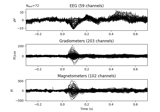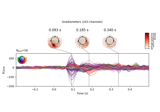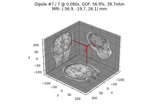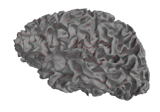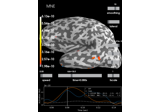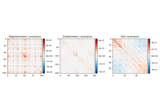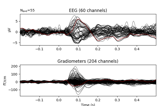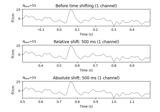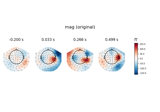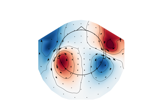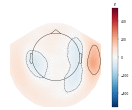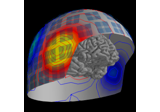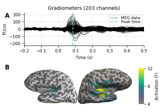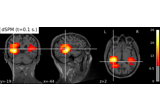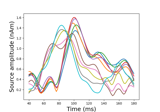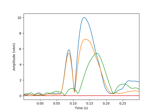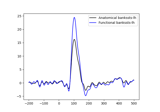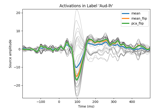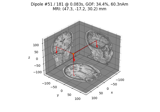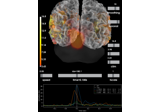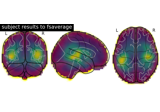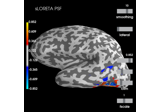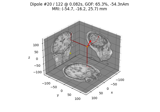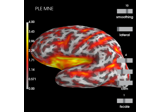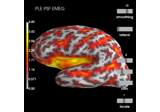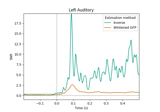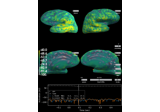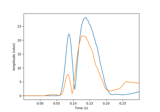mne.read_evokeds¶
-
mne.read_evokeds(fname, condition=None, baseline=None, kind='average', proj=True, allow_maxshield=False, verbose=None)[source]¶ Read evoked dataset(s).
- Parameters
- fname
str The file name, which should end with -ave.fif or -ave.fif.gz.
- condition
intorstr|listofintorstr|None The index or list of indices of the evoked dataset to read. FIF files can contain multiple datasets. If None, all datasets are returned as a list.
- baseline
None|tupleof length 2 The time interval to consider as “baseline” when applying baseline correction. If
None, do not apply baseline correction. If a tuple(a, b), the interval is betweenaandb(in seconds), including the endpoints. IfaisNone, the beginning of the data is used; and ifbisNone, it is set to the end of the interval. If(None, None), the entire time interval is used.Note
The baseline
(a, b)includes both endpoints, i.e. all timepointstsuch thata <= t <= b.Correction is applied to each channel individually in the following way:
Calculate the mean signal of the baseline period.
Subtract this mean from the entire
Evoked.
Defaults to
None, i.e. no baseline correction.- kind
str Either ‘average’ or ‘standard_error’, the type of data to read.
- projbool
If False, available projectors won’t be applied to the data.
- allow_maxshieldbool |
str(defaultFalse) If True, allow loading of data that has been recorded with internal active compensation (MaxShield). Data recorded with MaxShield should generally not be loaded directly, but should first be processed using SSS/tSSS to remove the compensation signals that may also affect brain activity. Can also be “yes” to load without eliciting a warning.
- verbosebool,
str,int, orNone If not None, override default verbose level (see
mne.verbose()and Logging documentation for more). If used, it should be passed as a keyword-argument only.
- fname
- Returns
See also
